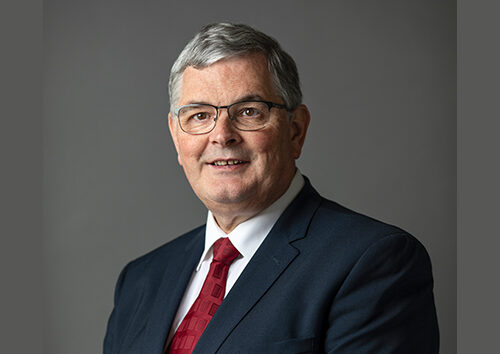December 19, 2011 Silver Spring, Maryland, United States [Bettina Krause/IRLA/ANN; tedNEWS] A controversial Law of Churches, which was set to deregister all but 14 “historic” religions in Hungary, was struck down today by the country’s Constitutional Court.
The law, which was scheduled to go into effect January 1, 2012, would have forced more than 300 minority faiths, including the Seventh-day Adventist Church in Hungary, to undertake an arduous process of reapplying to parliament for a return of their legal status.
The International Religious Liberty Association has spoken out against the law since it was passed in July this year. Last week, Dwayne Leslie, director of legislative affairs for the IRLA, and Ganoune Diop, the organization’s representative to the United Nations, met with Hungary’s ambassador to the United States, Gyorgy Szapary, to express their concerns. In November, Diop and IRLA Secretary General, John Graz, met with Hungary’s ambassador to the United Nations in New York to discuss the new law.
“This is a high day for the cause of religious freedom in Hungary,” Graz said. “We are very pleased that the Constitutional Court has ruled so decisively against this law, which would have dealt a significant blow to Hungary’s reputation as a country that promotes and protects the religious freedom of all its citizens.”
The law, which was passed by a two-thirds majority of Hungary’s parliament, was described by the government as a means to root out fraudulent organizations operating behind the protection of religion. Religious liberty advocates around the world, however, decried the law as one that would have caused hardship for many smaller faith groups. [tedNEWS]
tedNEWS Staff: Miroslav Pujic, director; Deana Stojkovic, editor
119 St Peter’s Street, St Albans, Herts, AL1 3EY, England
E-mail: [email protected]
Website: www.ted-adventist.org
tedNEWS is an information bulletin issued by the communication department of the Seventh-day Adventist Church in the Trans-European Division.
You are free to re-print any portion of the bulletin without need for special permission. However, we kindly request that you identify tedNEWS whenever you publish these materials.


